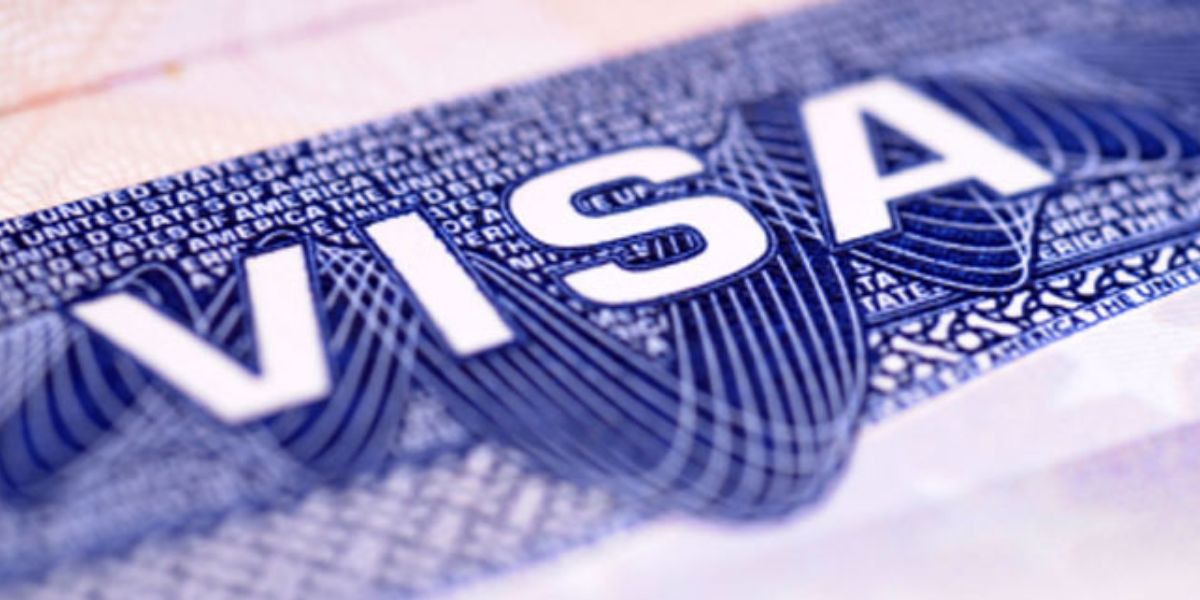Visa requirements for international students differ widely depending on the destination country. Each country has a specific set of rules governing the entry, stay, and work rights of foreign nationals. Generally, international students need a student visa to study in another country, which must be obtained before arrival. Below are some key considerations when applying for a student visa to pursue an LLM abroad.

Types of Student Visas
Most countries offer different categories of student visas, typically based on the level and duration of the program. For LLM students, the most common visa categories include:
- F-1 Visa (USA)
The F-1 visa is the most common visa for international students wishing to study in the United States. It is granted to students enrolled in academic programs, including LLM programs. Students on this visa are allowed to stay in the U.S. for the duration of their program, with the possibility of extending their stay for practical training under the Optional Practical Training (OPT) program. - Tier 4 (General) Student Visa (UK)
The Tier 4 visa allows non-EU international students to study in the UK. To be eligible, students must have an offer from a licensed institution and demonstrate financial stability to cover tuition fees and living expenses. The visa is typically granted for the length of the LLM program, and students can work part-time during their studies. - Schengen Visa (Europe)
For students attending LLM programs in European Union (EU) countries, the Schengen Visa is often required for short stays, but students from non-EU countries may need to apply for a long-term study visa depending on the specific country. Each EU country has different requirements, so it is essential to check the visa regulations of the host country. - Study Permit (Canada)
In Canada, international students need a study permit to pursue full-time academic studies. A study permit is usually required for LLM students. Additionally, students may work on or off-campus with certain restrictions, depending on their permit.
General Requirements for Student Visa Applications
Although specific requirements vary by country, there are some common elements that students should be prepared for when applying for a student visa for an LLM program:
- Proof of Acceptance
Applicants must provide proof of acceptance from a recognized educational institution. This typically includes an official letter of admission or enrollment. - Proof of Financial Support
Most countries require international students to show they have sufficient funds to cover tuition fees, living expenses, and travel costs. This can include bank statements, financial guarantee letters, or scholarship documentation. - Language Proficiency
Many countries require proof of language proficiency in the language of instruction, such as English or French. Tests like the TOEFL or IELTS may be required to demonstrate proficiency. - Health Insurance
Some countries require students to have health insurance during their stay. It may be necessary to purchase local health insurance or provide proof of existing coverage. - Background Check and Medical Examination
Some countries require background checks or medical examinations as part of the visa application process. Applicants should be prepared to provide any necessary documentation in these areas.
Legal Frameworks Governing International Students
In addition to the specific visa regulations for international students, there are broader legal frameworks that govern the rights and responsibilities of foreign nationals in host countries. Understanding these frameworks is essential for international students to ensure that they remain in compliance with the law throughout their studies.
Immigration Laws and Compliance
Each country has its own immigration laws that determine the conditions under which international students can enter, stay, and work within their borders. Compliance with these laws is crucial to avoid penalties, visa revocation, or deportation. International students should familiarize themselves with the specific laws and regulations of the country where they intend to study, including:
- Work Rights and Limitations
Many student visas allow international students to work part-time while studying. However, there are usually restrictions on the number of hours students can work per week. Understanding the work rights associated with your visa is essential to avoid violating any terms. For example, the F-1 visa in the U.S. permits students to work up to 20 hours per week during the academic year and full-time during breaks, provided it is within the scope of the visa conditions. - Post-Graduation Work Opportunities
Some countries provide opportunities for international students to stay and work after graduation. For example, the UK’s Graduate Route allows students to stay for two years after completing an LLM to seek employment, while Canada provides Post-Graduation Work Permits (PGWP) for students who have completed a program at a recognized institution. - Visa Extensions
In some cases, students may need to extend their visa if they plan to continue their studies beyond the original duration of their program. It is important to be aware of the procedures for extending a student visa in the host country.
Student Rights and Protections
International students should also be aware of their rights and protections under the law in the host country. These include:
- Equal Treatment
Many countries, including the UK, EU, and Canada, have legal frameworks that ensure international students are treated equally to domestic students in terms of access to education, healthcare, and certain legal protections. - Discrimination and Harassment Protection
International students are entitled to protection against discrimination or harassment on the grounds of nationality, race, religion, or other characteristics. It is important to understand the avenues for reporting any violations of these rights. - Student Support Services
Universities often offer a range of support services to international students, including immigration advice, legal counsel, and assistance with accommodation. Students should take advantage of these resources to navigate the legal complexities of studying abroad.
Practical Tips for Navigating Visa and Immigration Regulations
Successfully navigating the visa and immigration process can be complex, but with the right information and preparation, international students can ensure a smooth experience. Here are some practical tips for managing the visa process:
Start Early
Visa applications can be time-consuming and require significant documentation. It is essential to start the application process well in advance—ideally, several months before the start of your program—to avoid any delays or issues.
Stay Updated on Immigration Changes
Visa regulations and immigration laws can change frequently. International students should stay informed about any updates or changes to visa requirements in the host country, particularly in light of changing political climates and post-pandemic regulations.
Seek Professional Guidance
If navigating the visa process seems overwhelming, consider seeking help from an immigration lawyer or advisor who specializes in student visas. Many universities also offer dedicated visa advisory services to assist international students with their applications.
Understand Visa Conditions and Responsibilities
Make sure you fully understand the terms and conditions of your student visa, including work limitations, study requirements, and deadlines for renewing or extending your visa. Failing to comply with visa conditions can result in serious consequences.
Pursuing an LLM abroad is an exciting opportunity for international students to broaden their legal horizons and gain a competitive edge in the global legal market. However, navigating visa regulations and legal frameworks is a crucial aspect of the process. By understanding the specific visa requirements of the host country, complying with immigration laws, and seeking the appropriate support, international students can successfully manage the legal complexities and focus on their studies and career development. With careful planning and awareness, studying abroad can be an enriching and transformative experience for any aspiring legal professional.
FAQs
What visa do international students need to pursue an LLM abroad?
Students typically need a student visa, such as the F-1 (USA), Tier 4 (UK), or a study permit (Canada), depending on the destination country.
Can LLM students work while studying abroad?
Yes, most student visas allow part-time work during the academic term and full-time work during breaks, subject to country-specific restrictions.
What should international students do if they need to extend their visa?
Students should contact their host country’s immigration authorities or university support services to follow the proper visa extension procedures.



